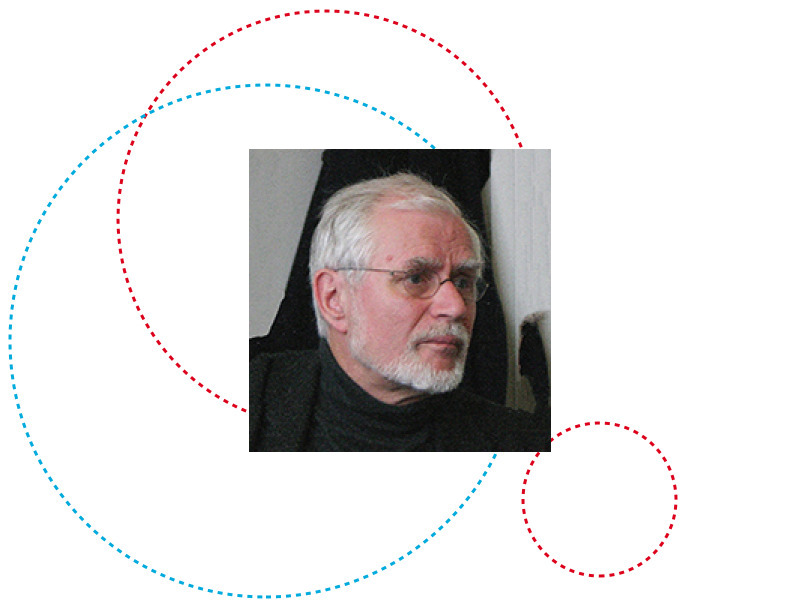The lecture has three parts. The first part describes recent trends in the humanities in which they place themselves in a posthumanistic period of thinking. These trends negate the anthropological foundation of the humanities since their formation at the end of the 18th and the beginning of the 19th century. This displacement of the idea of man as creator of culture goes along with an attitude of putting the work in the humanities in a post-position (examples: post-modern, poststructuralist, post-constructivist, post-national, postcommunist, post-industrialist, post-secular, posthuman,
post-humanist, post-discursive, post-feminist, post-colonial, post-narrativist, post-naturalist, postorientalist, post-racial). I call this attitude postism. It indicates a loss of the historical ground (a reflected contemporaneity) for the academic work. The scholars are like passengers in the air always in danger of falling down.
The second part gives a short overview over the traditional anthropological feature of the humanities, especially of historical studies emphasizing the humanistic substance of their hermeneutical methods.
The third and last part describes the challenges of today concerning the problems of cultural orientation of human life and the perspectives of further development of the humanities and especially historical studies.
Prof. Dr. Dr. h.c. mult. Jörn Rüsen is Professor emeritus for General History and Historical Culture at the University of Witten/Herdecke (Germany). Prior to this he was Full Professor at the Universities of Bochum and Bielefeld, where he was also Director of the Center for Interdisciplinary Research (ZiF). From 1997-2007 he was President of the Institute for Advanced Study in the Humanities in Essen (Germany). Since then he has held visiting professorships at Stellenbosch University and at North-West University (both South Africa), at the Universities of Duisburg-Essen and Eichstätt (both Germany), and at the National Taiwan University. He has received various other honours and awards.
Fields of Research: Theory and methodology of historical studies; history of historiography; intercultural comparison of historiography; structure and development of historical consciousness; theory of historical learning; theory, empirical manifestations and historical development of historical culture; history of human rights; intercultural communication, humanism in intercultural comparison.
